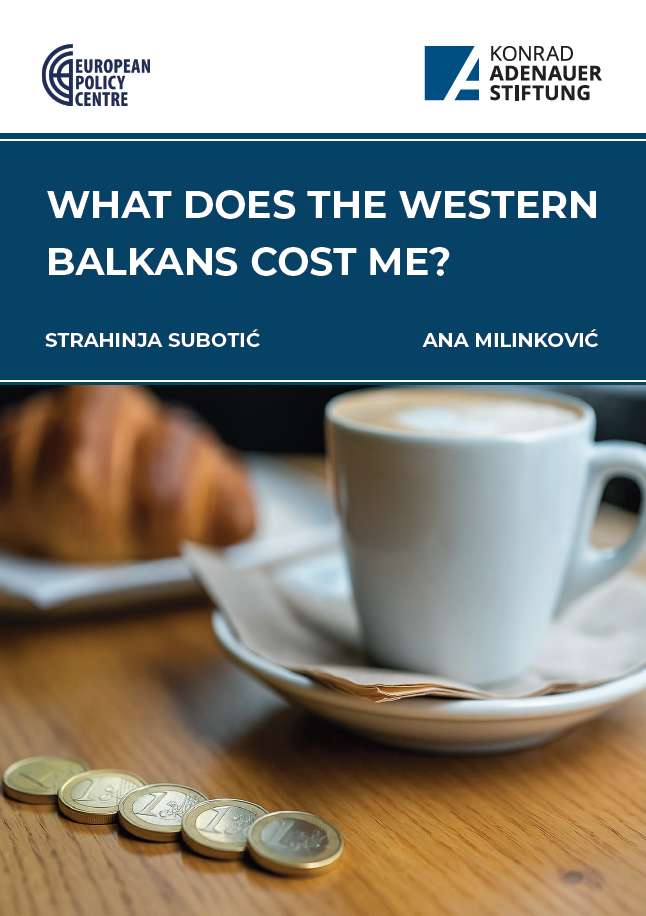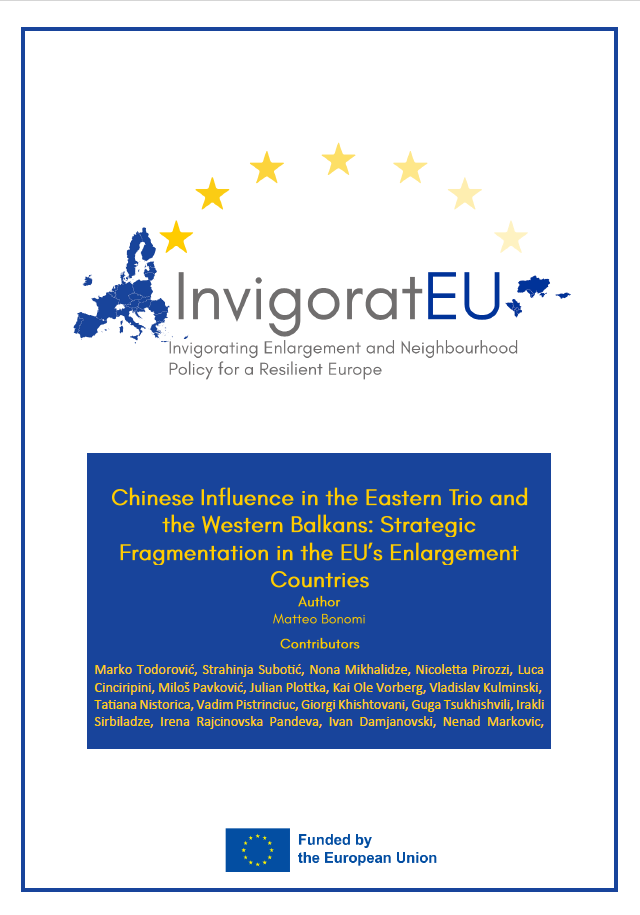Headquarters: Svetog Nauma 7, 11000
Office address: Đorđa Vajferta 13, 11000
Phone:: +381 11 4529 323
Public administration reform (PAR), as an integral part of the first cluster, is one of the fundamental conditions on the way to the EU membership. In the Western Balkans region, this reform has been assessed for years through the lenses of the SIGMA Principles of Public Administration, developed by OECD/SIGMA and endorsed by the EU.
These Principles define what makes a well-functioning administration in terms of its ability to deliver transparent, efficient and effective services to citizens and to support socio-economic development. In the context of high external pressure for tangible developments in PAR, homegrown demand for better administration becomes even more important to keep pressuring the government to pursue reforms once the external conditionality dissipates as a result of a completed EU accession process. Civil society actors, with local knowledge of the administration’s functioning, can lead such domestic advocacy efforts aimed at better administration. Independent PAR monitoring and evidence-based dialogue with the government represent a good approach to achieving this goal.
Based on such a rationale, the WeBER project has completed the third PAR monitoring cycle for 2021/2022. The structured, evidence-based approach, as in the previous two monitoring cycles, particularly focuses on PAR aspects with the highest relevance to civil society and to the public. WeBER PAR monitoring strongly relies on the strengths, skills, and local knowledge of the civil society in the Western Balkans. It builds on SIGMA’s Principles of Public Administration as a cornerstone of PAR, while assessing them from the standpoint of an independently produced PAR Monitor methodology. Overall, the methodology, slightly revised using the lessons learned in the first monitoring cycle, is based on the selection of 22 SIGMA principles within six key PAR areas, monitored and reported through 23 compound indicators.
The third monitoring cycle also represents the last edition of the PAR Monitor in accordance with the existing framework of the SIGMA Principles from 2014, modified in 2017, since the process of revision of the Principles is ongoing. Therefore, the next, fourth monitoring cycle will be based on the modified PAR Monitor methodology, aligned with the new SIGMA framework, given that it represents the basis of the WeBER approach to PAR monitoring in the Western Balkans region. The design of all WeBER indicators enables comparisons between the administrations in the Western Balkans and allows for regional comparability of results.
In addition to the methodology, the PAR Monitor package comprises a comparative monitoring report for the entire WB region as well as six reports which elaborate on detailed findings for each administration. This report provides the results of the third monitoring cycle for Serbia, including a set of actionable recommendations.


